Geva Mentor is investing in her future. Looking to a life after netball, she is studying to become a teacher, learning – along with other Suncorp Super Netball players – how to invest her pennies, and has recently been through an egg retrieval process.
Using technology to preserve her fertility was a big, but considered, step. Geva said, “Having a family is something that I always just imagined would come. You get married, you get a house, kids and pets, and the whole family lifestyle. But once you have sport wrapped into that things change, a different order occurs.”
It was in 2019 that Geva reached a point where she went from wanting to be a mother in the future, to worrying that it might not happen. Her marriage had ended and it was proving difficult to find the right long term partner. “One that I can enjoy life with, work with, someone who is a companion and I can share everything with.
“Because for me, having a baby is about more than just bringing someone into the world, it’s about creating new life with someone you love.”

Geva Mentor in action for Colllingwood. Image: Kirsten Daley
Geva started talking to friends and teammates of a similar age, sharing information and perspectives. All her research gave Geva some very real concerns about her own fertility. She explained, “Being an athlete, sometimes you have a regular period but sometimes you don’t. I was thinking, ‘If I’m not having periods, am I losing my fertility?’”
Aged 35, Geva also knew that time was against her. “While for me age is just a number, it’s not when it comes to my body clock which is ticking. I want to continue playing netball, but I’m facing the very real fact that things deteriorate. Your egg quality declines, the possibility of being able to get pregnant deteriorates, and there are associated health problems with age.”
She made the decision to go through some preliminary tests; not to start a family at once, but to see how well her reproductive system was working and what urgency there was to take action. Geva made an appointment to see a gynaecologist, and was referred on to a fertility specialist at the Melbourne IVF clinic.
Read about Geva’s egg retrieval process below.
There was a lot to consider about her options, and it was a period of time that was highly emotional for Geva. Having decided on an egg retrieval process, it was during the evaluation stages that the enormity of her decision hit. She said, “At one of the appointments I had to meet the nurse, and she was talking me through my medication box and how to do my injections.
“I just started crying. I told her that I was so sorry, but I never imagined going through this process, and being here by myself. I have never felt so alone.”
“The nurse was really comforting, and I know I’ve got friends who would hold my hand through the process, but it’s not the same.
“You imagine that if you had to go down that pathway, that you’d be doing it with a partner.”
“I also had an emotional release afterwards, knowing that I was pretty fertile and that I may never need to use the eggs. That I had time to meet the right person, which makes me more comfortable dating.”
While Geva says that Collingwood have been highly supportive of her during the process, she “absolutely” believes that more needs to be done to educate players at a club or national level.
“It should be a fundamental foundation topic that’s spoken about quite comfortably, and we’re able to share. That the knowledge is put out there for all to share, and that it is encouraged. To know that if we want to explore further, the opportunities are there and that we are supported.”
“We’ve fought hard over the years to get maternity cover, and that is acknowledged in our contracts. Talking about fertility is another step that needs to happen prior to that. We talk about the impact that sport can have on our cycle and our periods, but fast forward another step and talk about why we have periods, because that’s what we do as women, we have kids. So to have that education around what sport is doing to us, and what plans we can make for the future.”

Geva Mentor has been an English international since her teenage years. Image: May Bailey
Most importantly Geva wants the mindset around fertility management to change. She said, “It shouldn’t be seen as something you HAVE to do because you’re old and you’re single. I believe it’s something that you SHOULD be able to do for yourself, because you might want to continue your playing career while you still can.
“You might have a lovely partner at home to have kids with, but you should also have the choice of being able to use your 28 year old eggs, for example, rather than your 35 year old eggs, or what ever age they are when you finish your playing career.”
“I’d like to think that as athletes, we become well-informed, comfortable, and supported when it comes to talking about and managing our fertility.”
Geva talks about her egg retrieval process
I’m not on the pill anymore. After I stopped taking it, it took a while to start having regular periods. Once that was established I gave the fertility clinic a call on the third day of my period to start the process.
By that time I’d gone through some counselling sessions, which is sitting down with a nurse and talking through where I was at with everything, a double check to make sure I was of sound mind and doing it for the right reasons, and then some health and financial checks. I was given a medication box, and learned how to do the injections myself.
The first couple of days were pretty daunting until I got on a roll. I was injecting myself in the tummy, I did it in the mornings and it had to be at the same time every day. I did that for a certain amount of time – and every woman is different – for me I was doing it for just under two weeks.
The whole time during the injections I felt fine, although I was a little bit bloated with some major flatulence! I didn’t really feel emotional, which apparently can be like PMS symptoms.

Geva Mentor learning to self-inject. Image courtesy of Geva Mentor
After three or four days of injections I went in for internal scans to see how my eggs were developing. The injections were stimulating my egg follicles and trying to grow them to a size where they could be taken out and stored. They needed to be around 18 to 20 ml.
I went in for three internal scans, which is the most uncomfortable thing. You can have a laugh about it afterwards, because it’s like a wand that they put a massive condom over and put inside you. You get to see it all. You see your left and right ovaries and see what’s happening.
When the eggs were the right size, I had to give myself a trigger injection, and two days later my eggs were taken out.
The day that I went in for the surgery, I woke up with really tight stomach cramps, and by the time I got to the hospital I was literally bent in half walking through reception. I could barely get onto the table.
The specialist usually wants to take around 20 eggs, although it depends on whether they are getting frozen or whether they are going to be used for re-insemination. They need a good, healthy number to freeze, and they ended up taking 41 of my eggs. As they were all around 20ml, I was so uncomfortable and feeling like I had golf balls in my tummy.
The procedure usually takes between 10 and 20 minutes, and it’s done under a light anaesthetic. During the surgical preparation my doctor, who was the one familiar face in the theatre, held my hand, stroked it and spoke gently to me while I drifted off. I remember squeezing her hand and it was so comforting.
When I woke up in the recovery room I saw a clock, realised what I had just been through and burst into tears. Yes, my emotions were high, my hormones were through the roof, and I was thankful it was done. I remember being full of so much self pity that I was again here by myself, doing something I never thought I’d need to do alone.

Geva Mentor post egg retrieval. An emotional time. Image courtesy of Geva Mentor
The next day they gave me a ring to let me know how many eggs had survived the process and were able to be frozen, and that was 38 of them for me.
Because I was very fertile I got put on a watch list for the next week, and got a phone call from the hospital every morning to see what my symptoms were because I was hyperstimulated.
It was the few days afterwards that were the most uncomfortable and gross part of the process because I had to wear industrial sized sanitary pads for the bleeding and clotting. You can’t use tampons, you have to leave the whole area alone.
To get each egg they have to pierce the vagina wall, so I had my vagina wall pierced 41 times. I was meant to go to the tennis that evening and couldn’t. I was in bed horizontal for 2 days with heat packs. Everyone’s symptoms are different but I was probably on the higher end of it because I had so many eggs retrieved.
The first time I looked down at the pad I thought I was haemorrhaging. It was a sight that I hadn’t seen before and I didn’t know if it was right until I’d spoken to the nurses the next day. They told me that as long as the blood was dark it was okay, but if it was bright, then I could be haemorrhaging. But luckily it was dark and just old blood clots, so I was okay.
It took three to four days for the bleeding to stop, and then I was back to kind of normal, but I wasn’t myself for four to six weeks afterwards. It took a while to deflate so I felt bloated afterwards.
I had it done the beginning of January, and Collingwood didn’t start back at pre-season till the beginning of February. Physically and emotionally, there’s no way that I could have done weight training or court work during this time.
It was a pretty costly experience – somewhere between $8000 and $10 000, and then about $500 per year for storage. But I figure that I pay car and contents insurance, so this was another form of insurance for something that was so important to me.
I would go through the process again, for the overall outcome far outweighs any embarrassment or discomfort, and the feeling of knowing how many eggs I had frozen was joyous. I was proud of my body.
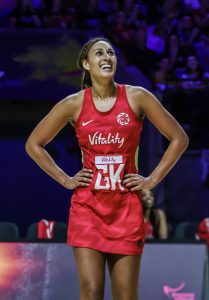
Geva Mentor at the 2019 Netball World Championships. A highly respected advocate for women’s sport. Image: Danny Dalton
Acknowledgements
With thanks to Associate Professor Vinay Rane, Associate Professor Clare Minahan, Dr Susan White, Liz Ellis, Kath Harby-Williams, and particularly Geva Mentor, Natalie Medhurst and Sonia Mkoloma. In sharing their personal stories, these wonderful women are our greatest advocates for change.
This is Part Three of the serialisation of Netball Scoop’s investigation into fertility issues among female athletes. To read the rest of the series, follow these links:
How can female athletes be better supported

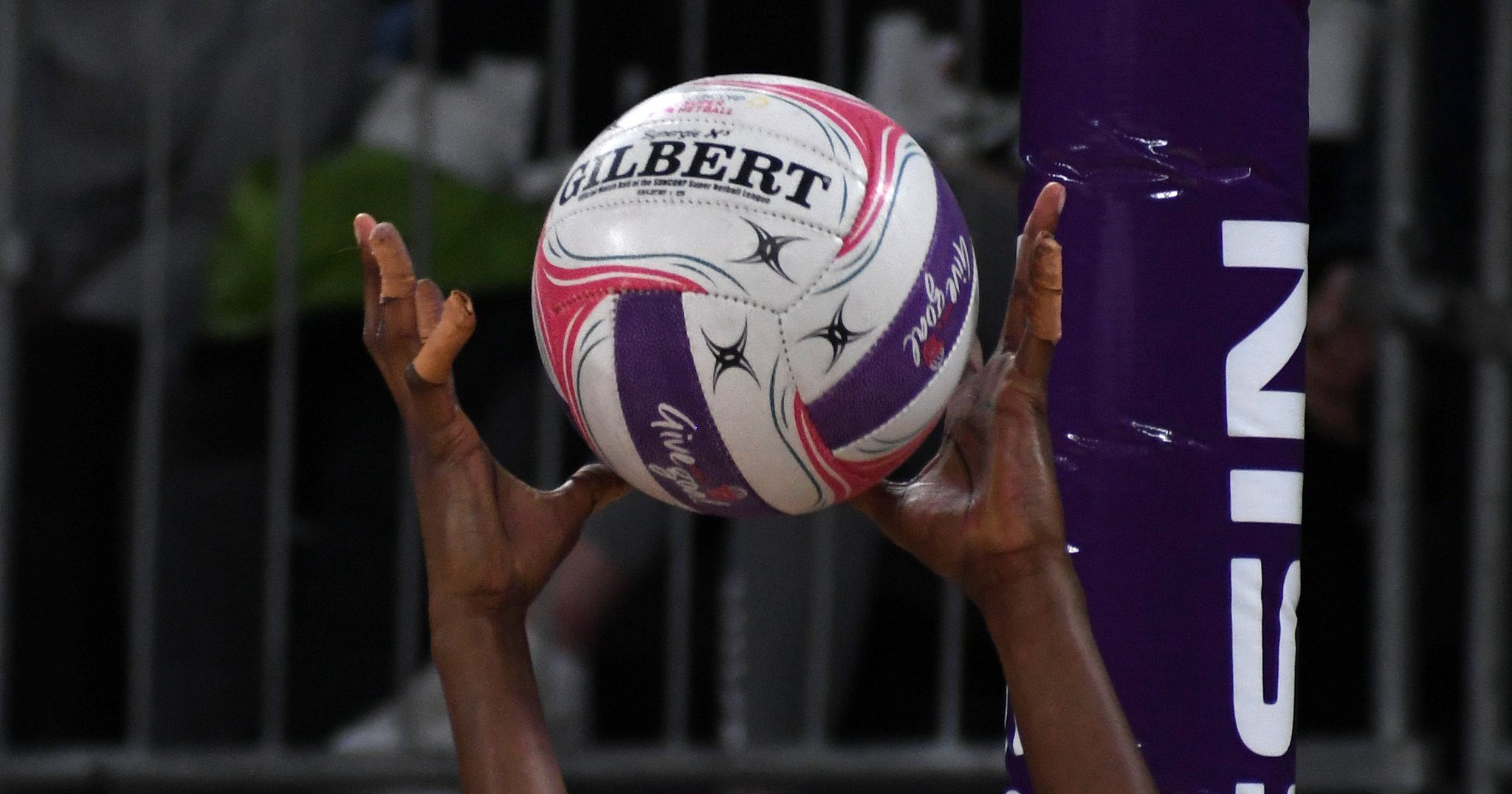


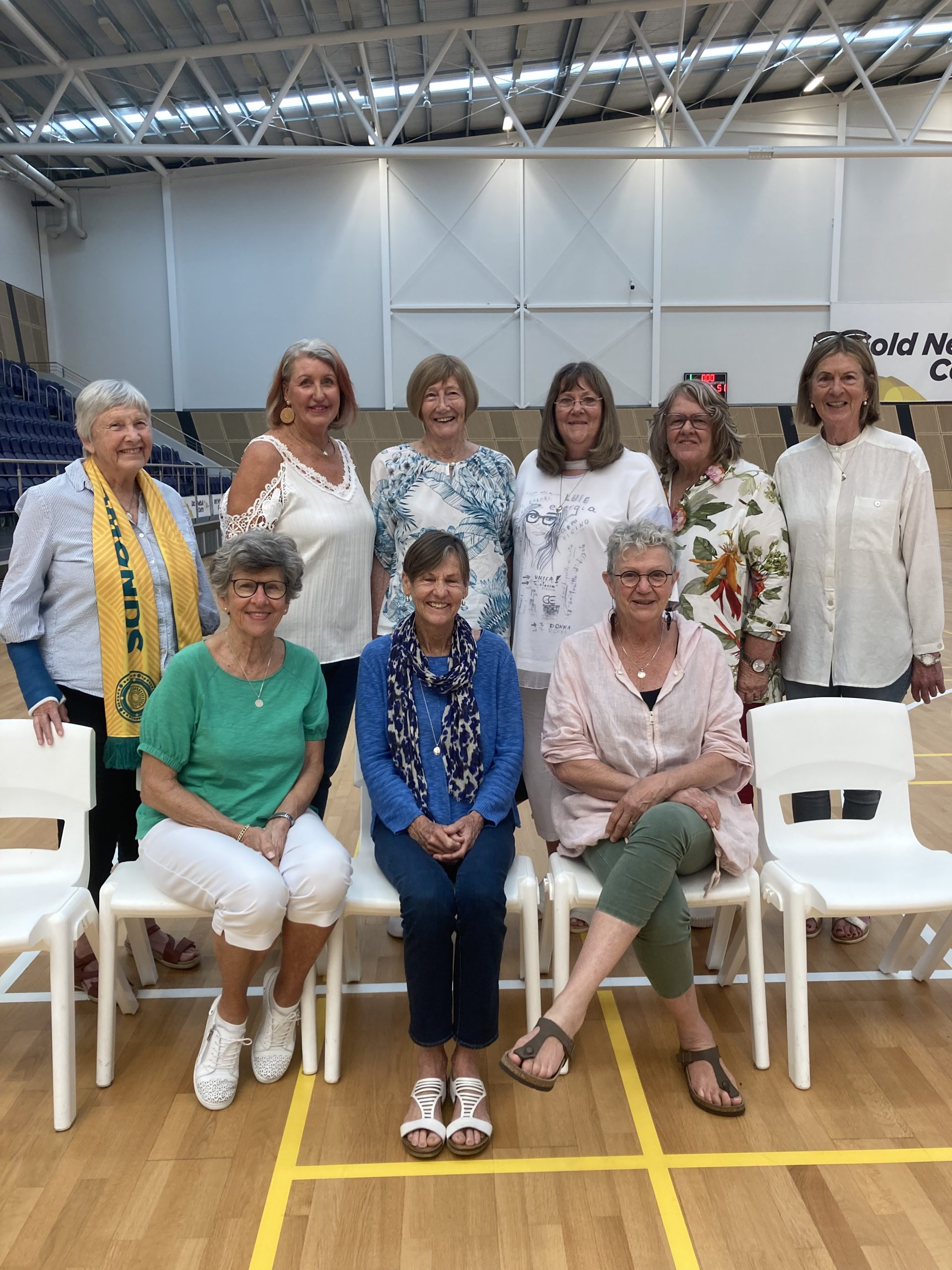
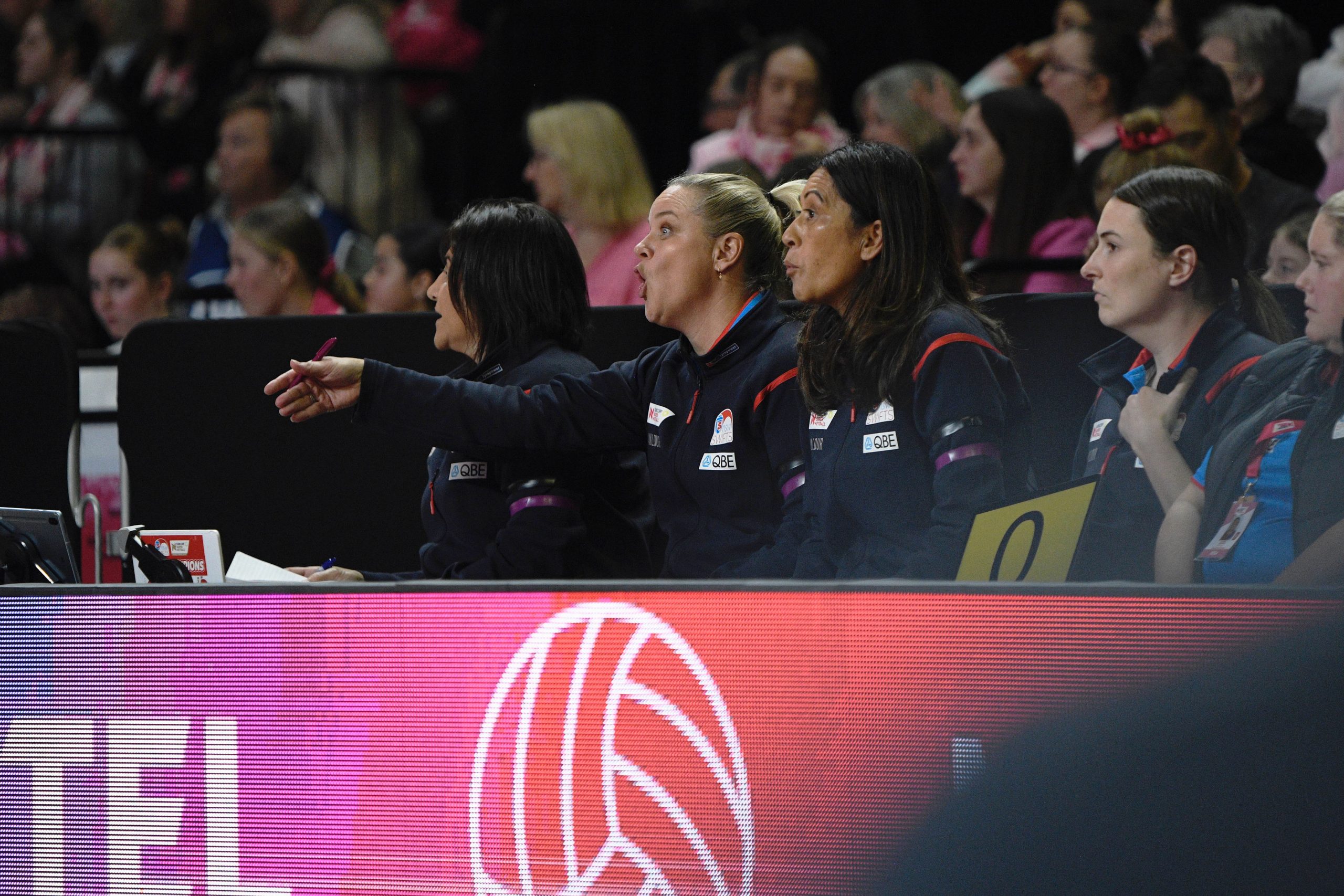
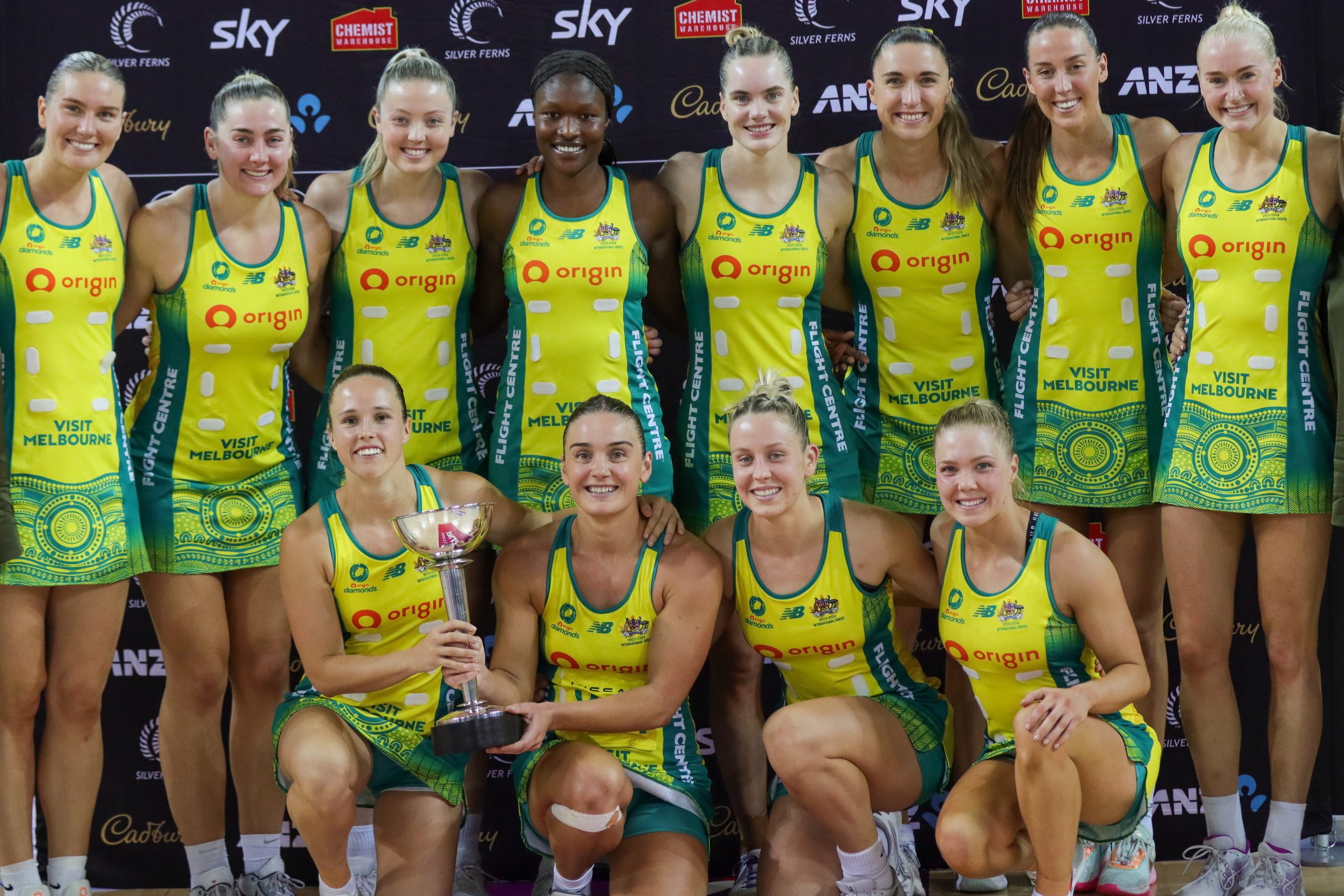


[…] Part Three: Geva Mentor – I retrieved my eggs […]
[…] Part Three: Geva Mentor – I retrieved my eggs […]
[…] Geva Mentor – I retrieved my eggs […]
[…] Geva Mentor – I retrieved my eggs […]